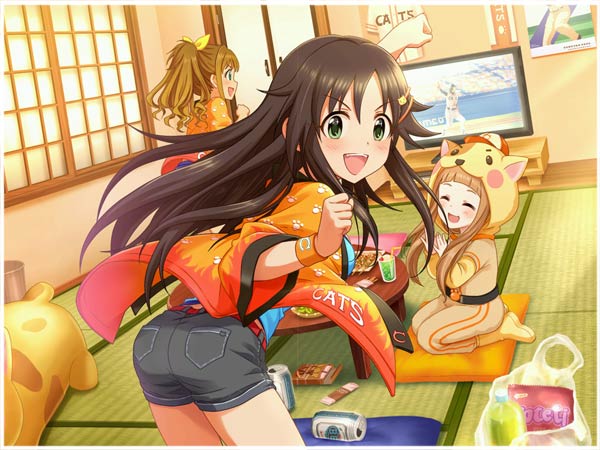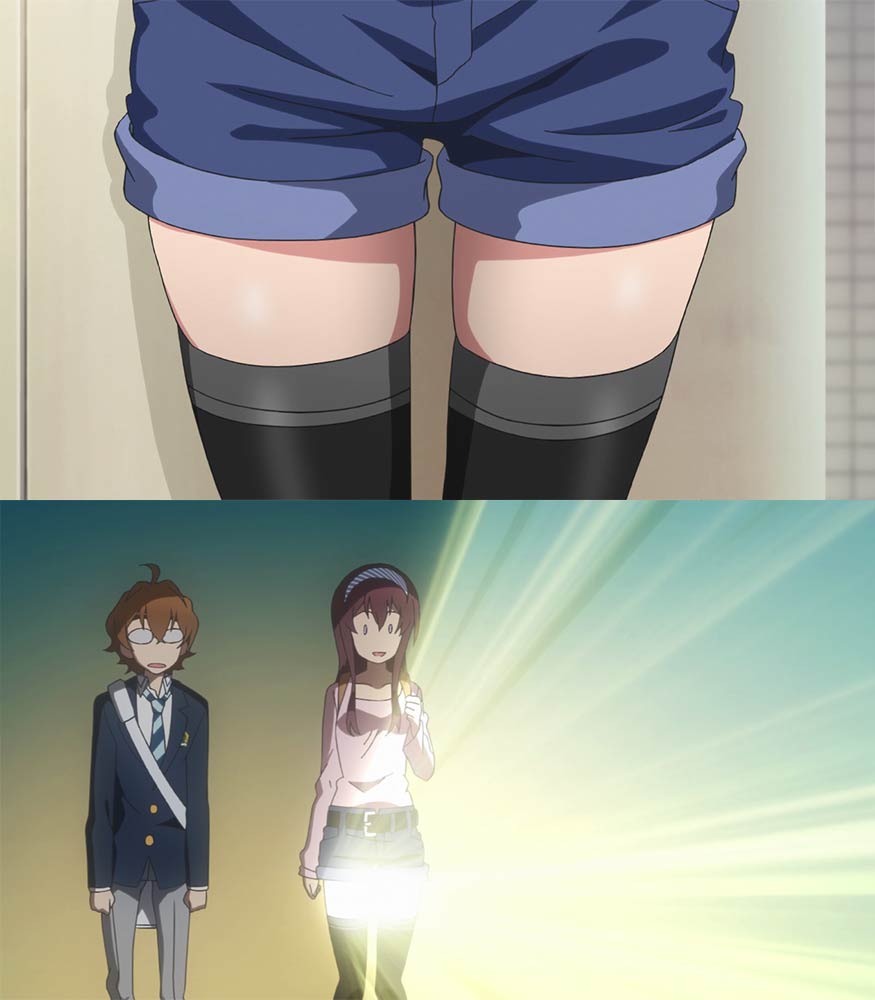Want To Know What TV in Japan Is Like? I’ll Tell You!
Every country has television which reflects the kokumin-sei or “national character” of that country, and Japan is no different. I thought it’d be fun to go over the kinds of TV that shown here in Japan.
- There are five main networks (Fuji TV, TBS, etc.) making various content for broadcast. Japan also has NHK, the public broadcasting network that’s a perfect clone of the BBC, right down to the occasional anger about the monthly viewing fees, which are ¥1260 / $11 / €9.40.
- Anime is naturally a fixture on TV in Japan. While mainstream series like My Hero Academia or Naruto are shown in the afternoons or early evening, most of the best shows are shin’ya anime, shown late at night when only otakus are awake.
- There are TV shows about gaijin, such as YOU Wa Nanishini Nihon e? which meets foreigners at Narita Airport and, if they’re here to do something interesting like cosplaying at Comiket, follows them around with cameras. They’ve made J-List customers famous over the years.
- News programs, some of which are excellent. One show I follow sometimes Asa Made Nama Terebi, in which respected news presenters are locked in a studio with the country’s top political leaders, where they must debate issues from midnight til dawn. There’s another news show that keeps two cats on the set while news events are being discussed, and the camera sometimes follows the cats around.
- Sports. Baseball is positively huge in Japan, and my father-in-law often watches one game on TV while listening to another on the radio. Golf, soccer and marathons also receive in-depth coverage.
- Japanese game shows* are famous around the world thanks to broadcasts of Takeshi’s Castle, though of course that show is 30 years old by now. While the word game show would imply contestants competing for prizes, in reality the people appearing on the show are all professional “talents” (comedians, idols, etc).
- Samurai period dramas are a large part of TV in Japan, and every year NHK puts on a big budget “Taiga drama” that allows viewers to delve deep into their own history, for example following a figure like Sakamoto Ryoma, who negotiated the peaceful surrender of the Edo Bakufu in favor of a modern government. Basically it’s like having something as good as Downton Abbey, but made new every year.
- Mystery dramas. The Japanese positively love classic murder mysteries including the works of Agatha Christie, and have many ongoing series that pay homage to the genre. The marketing push for the new Murder on the Orient Express film (which was excellent) is huge here, since the studio knows that Japan loves classic murder mysteries.
- American TV. Back in the day, I watched the entire Beverly Hills 90210 run. I didn’t do it because I like the show, but because it was the only English TV in Japan back then. Now, happily, virtually every kaigai dorama (overseas drama) from the West is shown here, from Lost to Nurse Jackie to Criminal Minds.
- Finally, the Japanese love Korean dramas, and my wife somehow manages to watch more than 24 hours of them in a day. Whenever she tries to explain to me why they’re better than Japanese dramas — the intense stories with unexpected twists, the deep characters — I always smile, since that’s why I watch anime.
















